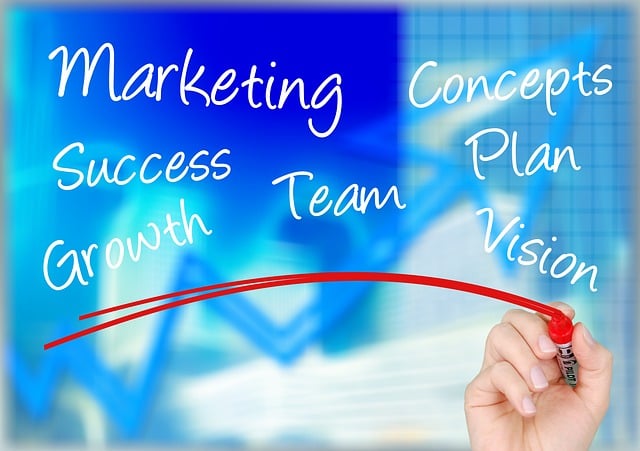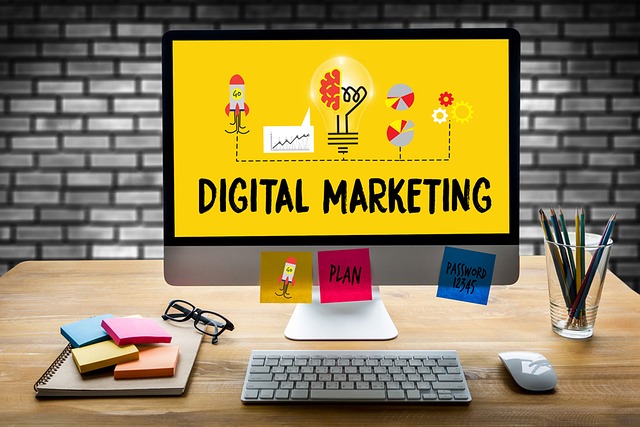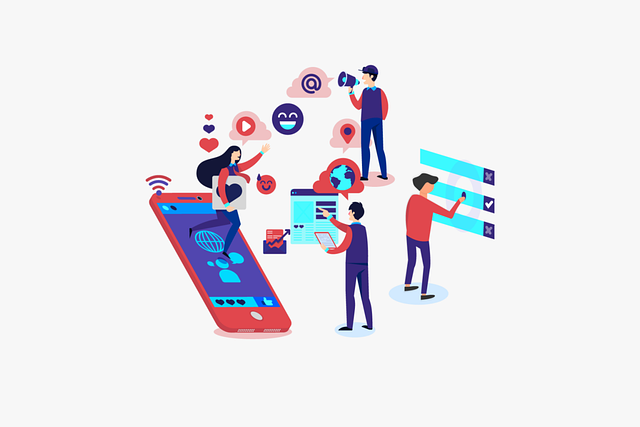Robotic Process Automation (RPA) powered by artificial intelligence (AI) is revolutionizing hospitality by automating repetitive tasks and enhancing guest experiences. AI guest behavior prediction tools analyze vast datasets to anticipate customer preferences, enabling personalized interactions from room assignments to recommendations. This technology streamlines operations, reduces errors, optimizes staffing, and fosters efficiency, allowing human resources to focus on strategic initiatives. By leveraging RPA and AI, hospitality businesses can deliver exceptional service, increase guest satisfaction, and build brand loyalty in a competitive market.
“Unleash the power of automation with AI Business Robotic Process Automation (RPA), a game-changer in streamlining operations. This article explores the transformative potential of RPA, particularly in hospitality and service sectors. We delve into ‘AI Guest Behavior Prediction Tools’, an innovative aspect that enhances customer experiences by forecasting preferences. By implementing RPA, industries can navigate labyrinthine processes with efficiency, ensuring a symphony of seamless interactions. Discover how AI-driven automation is revolutionizing business operations, leaving behind mundane tasks for folks to focus on strategic growth.”
- Understanding AI Business Robotic Process Automation (RPA)
- AI Guest Behavior Prediction Tools: Enhancing Customer Experience
- Implementing RPA in Hospitality and Service Industries
Understanding AI Business Robotic Process Automation (RPA)

AI Business Robotic Process Automation (RPA) is a game-changing technology that leverages artificial intelligence to automate repetitive, rule-based tasks within businesses. By mimicking human actions and decision-making processes, RPA bots can handle complex workflows with precision and speed, enhancing operational efficiency. These AI tools are particularly effective in areas like data entry, invoice processing, and customer service interactions, where they can accurately interpret and respond to varying inputs.
The integration of AI guest behavior prediction tools further streamlines RPA capabilities. By analyzing historical data and patterns, these tools anticipate customer needs and behaviors, allowing businesses to proactively automate processes like personalized recommendation systems and targeted marketing campaigns. This level of automation not only improves the overall customer experience but also frees up human resources to focus on more strategic initiatives, fostering a more efficient and dynamic business environment.
AI Guest Behavior Prediction Tools: Enhancing Customer Experience

AI Guest Behavior Prediction Tools are transforming the way businesses interact with their customers, revolutionizing customer experience in the process. By leveraging machine learning algorithms and vast datasets, these tools can anticipate guest behavior, preferences, and needs, enabling personalized interactions that feel intuitive and human-like. From predicting booking patterns to forecasting customer churn, AI models provide valuable insights that allow businesses to proactively address issues and enhance overall satisfaction.
This predictive capability extends beyond individual interactions, fostering a more dynamic and responsive operational strategy. Businesses can optimize staffing levels, anticipate peak demand periods, and streamline processes based on historical guest behavior data. This proactive approach not only improves efficiency but also creates opportunities for deeper customer engagement, building stronger relationships and fostering brand loyalty.
Implementing RPA in Hospitality and Service Industries

In the dynamic landscape of hospitality and service industries, Artificial Intelligence (AI) is no longer a futuristic concept but a game-changer. One of its most impactful applications is Robotic Process Automation (RPA), which streamlines operations by automating repetitive tasks. For instance, AI guest behavior prediction tools can analyze historical data to anticipate customer needs, enhancing the overall experience. By identifying patterns in booking trends, preferences, and past interactions, these tools enable staff to provide personalized services, from room assignments to tailored recommendations.
Implementing RPA in hospitality means robotizing processes like reservation management, check-ins/check-outs, and even predictive maintenance for hotel facilities. This not only reduces human error but also frees up staff to focus on high-value tasks, fostering a more efficient and guest-centric environment. As the industry continues to evolve, embracing AI-driven RPA will be key to staying competitive and delivering exceptional service.
AI-driven robotic process automation (RPA) is transforming industries, and hospitality is no exception. By leveraging AI guest behavior prediction tools, businesses can anticipate customer needs, personalizing experiences and streamlining operations. Implementing RPA in these sectors enhances efficiency, reduces human error, and ultimately fosters a more vibrant and responsive service ecosystem. With the power of AI, the future of hospitality looks bright, offering enhanced experiences for folks seeking memorable stays and interactions.
